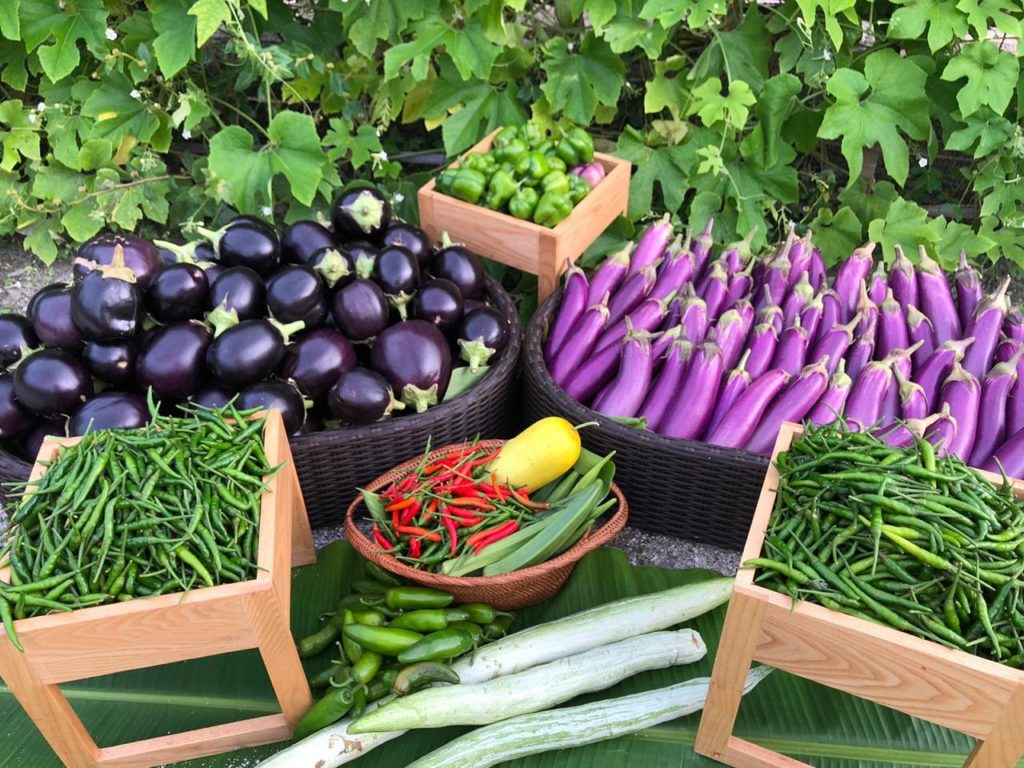
The Residence by Cenizaro, part of Cenizaro Hotels & Resorts, will commemorate World Environment Day on June 5 by demonstrating its commitment to conservation, beginning with the complete rollout of the Earth Basket initiative across most of The Residence by Cenizaro properties this summer.
These kitchen gardens are part of Cenizaro’s greater global strategy to deliver world-class hospitality through enriching experiences for guests, staff and the local community.
The new Earth Basket initiative is part of the Cenizaro Cares programme and challenges each resort to successfully transform an area of the resort into a year-round on-site kitchen farm.
Spearheaded by each resort’s Green Committee, independence is given to each resort to develop the farms to suit their unique needs and to best showcase native produce. Food waste from the resort is composted in-house and is subsequently used to nourish the kitchen gardens without any further use of pesticides to aid growth.
The initiative hopes to showcase the local biodiversity of each destination and provide rich varieties of zero kilometre produce at peak freshness while also serving as an educational tool for staff, guests and the broader community.
At The Residence Bintan for example, their Earth Basket has produced a harvest of almost 600kg of fresh produce since its inception in December 2019. The team has a resort family of chickens and ducks to provide fresh eggs, Dwarf Coconut Trees, Pulai Trees and Singapore Cherry Trees to name a few, have been planted at the resort, and the kitchen garden has its very own ‘spice garden’, herbs from which guests can learn to make jamu, a traditional Indonesian herbal tonic.
The Residence Maldives is cultivating Ayurvedic plants to incorporate into an uplifting, health-focused beverage offering as well as producing house-made virgin coconut oil for its spa treatments.
The Residence Tunis is also producing its very own olive oil using local harvests to enhance its culinary offering. The hope is for each Earth Basket to showcase the plants unique to the cuisine and culture of each destination.












